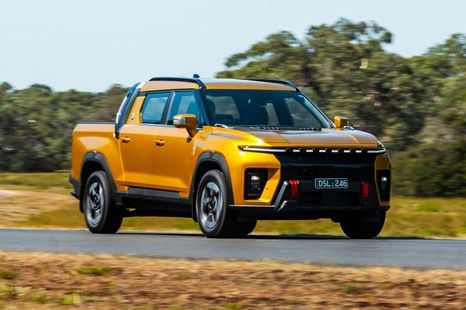

Ben Zachariah
2026 KGM Musso EV review
29 Minutes Ago

Senior Contributor
Nissan could have earned a similar market valuation to trillion-dollar Tesla if it stuck to its guns as an early mover into electric vehicles.
This is according to Andy Palmer, who served as Nissan’s global chief operating officer and chief planning officer between 2013 and 2014 before leaving to run Aston Martin.
Nissan beat almost everybody to market with the Leaf EV in 2011, which has since entered a second generation. But it’s just now rolling out its second electric model, the Ariya crossover.
MORE: 2023 Nissan Ariya review, first drive
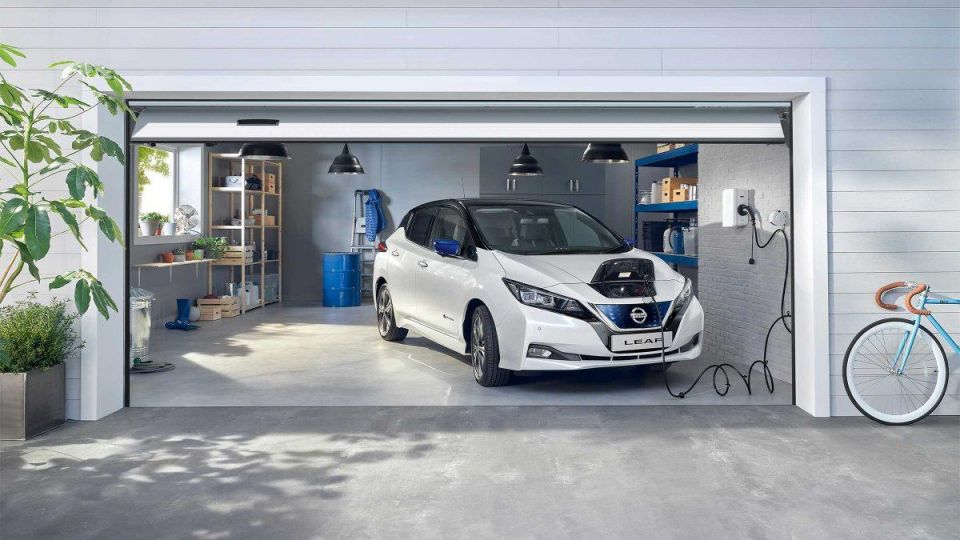
Over that period the Japanese company has gone from early adopter, to lagging behind many competitors when it comes to offering a breadth of battery-electric (BEV) options – though it’s ramped-up its EV plans again in recent times.
“For one reason or another Nissan did not remain on the electric track,” Dr Palmer told the Automotive News Europe Congress this week.
“There was a very clear rollout plan for [electric] cars. If they had followed that they could have had a valuation not dissimilar to Tesla,” he added.
EV sales leader Tesla famously passed the trillion-dollar (USD) valuation mark last year – though it has dipped in recent times – thereby leaving every other automaker in its wake in market cap terms.
MORE: Most valuable car companies
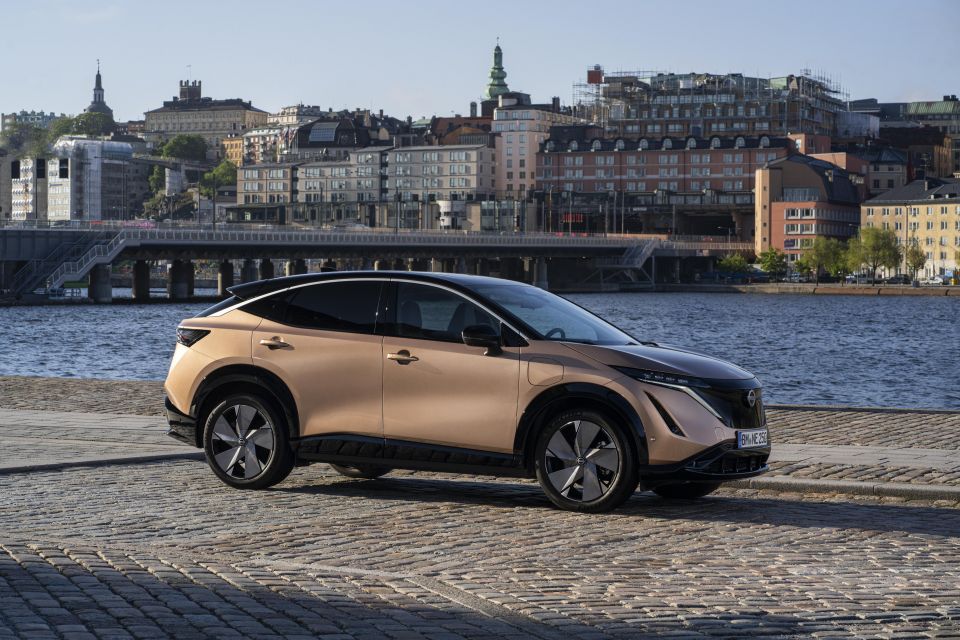
Nissan’s decision to slow its EV rollout cadence (for both its own brand and for Infiniti) was likely a response to the high cost of developing and making the Leaf, and selling enough profitably, Dr Palmer added.
“Closing down the electric strategy improved the profitability of the company,” he said, adding “Nissan was not just making a loss on Leaf – it was not even covering material costs”.
“When we first started we were paying $1000 per kilowatt hour [for batteries]. Now it’s more like $150.”
The Leaf was developed to move beyond Toyota’s success with its Prius, Dr Palmer said.
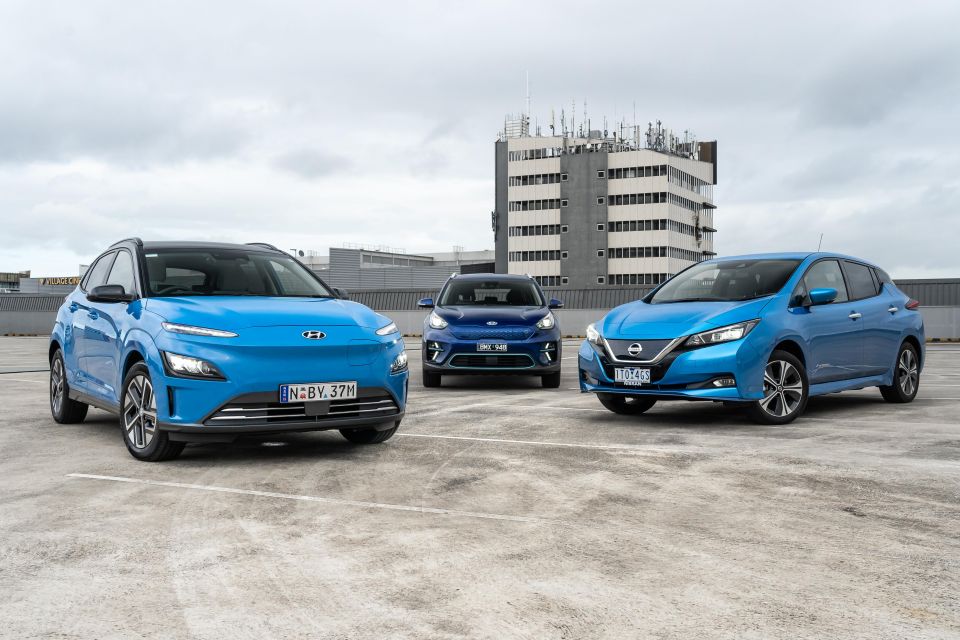
“Rather than following the hybrid direction we were following EV in terms of technology,” he was quoted as saying.
Nissan is no stranger to former executives hurling bombs from the sidelines, with disgraced ex-Nissan chief Carlos Ghosn savaging the company that axed him, with relish.
The Leaf is expected to end its life cycle by 2025, and be replaced by a new higher-riding EV crossover made in Sunderland from 2024 – using the same underpinnings as the Ariya and Renault Megane E-Tech.
MORE: Renault-Nissan-Mitsubishi present united front, share key plans MORE: Renault-Nissan-Mitsubishi Alliance to triple EV spend – report
Go deeper on the cars in our Showroom, compare your options, or see what a great deal looks like with help from our New Car Specialists.


Ben Zachariah
29 Minutes Ago


James Wong
30 Minutes Ago
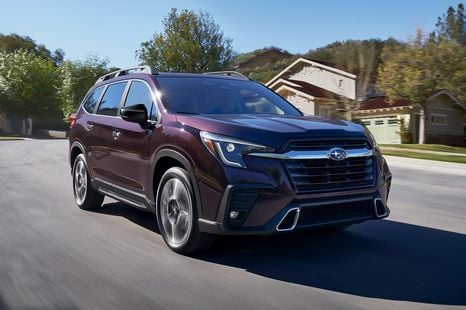

James Wong
30 Minutes Ago
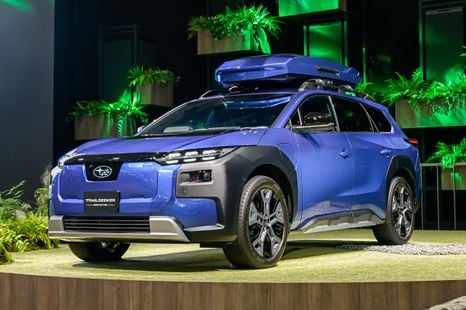

James Wong
30 Minutes Ago
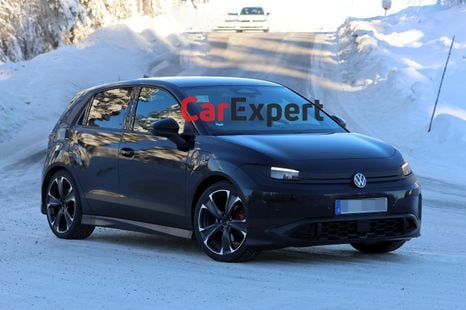

Damion Smy
7 Hours Ago
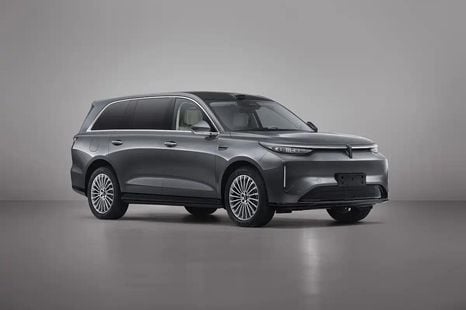

William Stopford
8 Hours Ago
Add CarExpert as a Preferred Source on Google so your search results prioritise writing by actual experts, not AI.